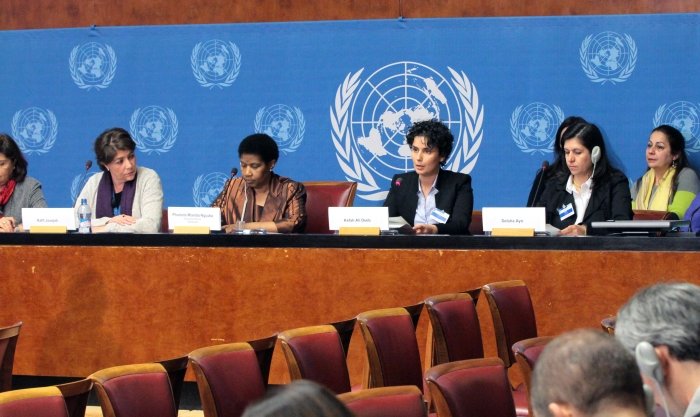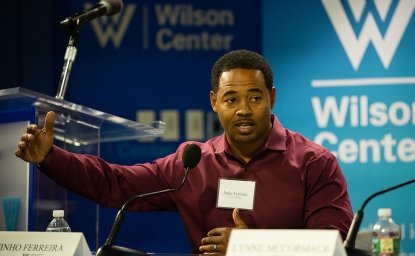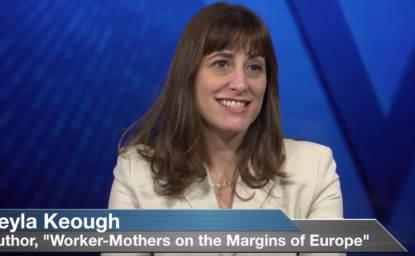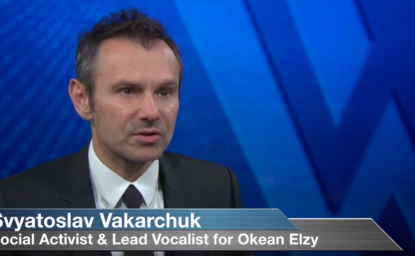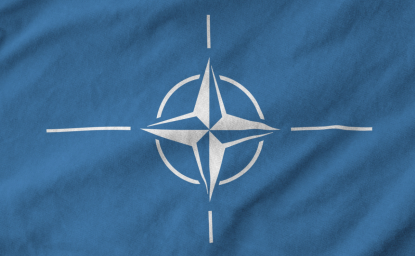This weekend in Istanbul, the United States, United Kingdom, France, Germany, Russia, and the People's Republic of China (the P5+1 group) will meet with representatives of the Islamic Republic for talks to tackle the growing crisis over Iran’s nuclear activities. When they last met, talks unraveled over Iran's refusal to negotiate on the scope of its enrichment work. In anticipation of Saturday’s meeting, there are reports that Iran will present “new proposals,” but it is unclear if Tehran will be willing to seriously address its disputed uranium enrichment drive or is just playing for time.
The Islamic Republic says it is refining uranium solely for electricity and medical treatments. Western states are skeptical, and the United States and Israel have not ruled out military action if diplomacy fails.
"Iran's representatives will participate in the negotiations with new initiatives and we hope that the (six powers) will also enter talks with constructive approaches," said Saeed Jalili, head of Iran's Supreme National Security Council. Jalili is Iran's chief nuclear negotiator. He went on to say that Iran is "ready to hold progressive and successful talks on cooperation" but that "the language of threat and pressure against the Iranian nation has never yielded results."
Wilson Center Public Policy Scholar, Michael Adler, has been following the story for a decade and will be traveling to Istanbul to cover the meeting. We spoke to him prior to his departure.
Michael Adler, who reported extensively on previous nuclear negotiations while in Vienna as a correspondent for Agence France-Presse, is currently with the Wilson Center’s Middle East Program where he is writing a book on the use of diplomacy in the Iranian nuclear crisis. As a correspondent Adler also covered the uprising in Burma in 1988, the reconstruction of Kuwait after the first Gulf War, the war in Bosnia, the moving of the German capital from Bonn to Berlin and the fall of Mobutu in Zaire.
